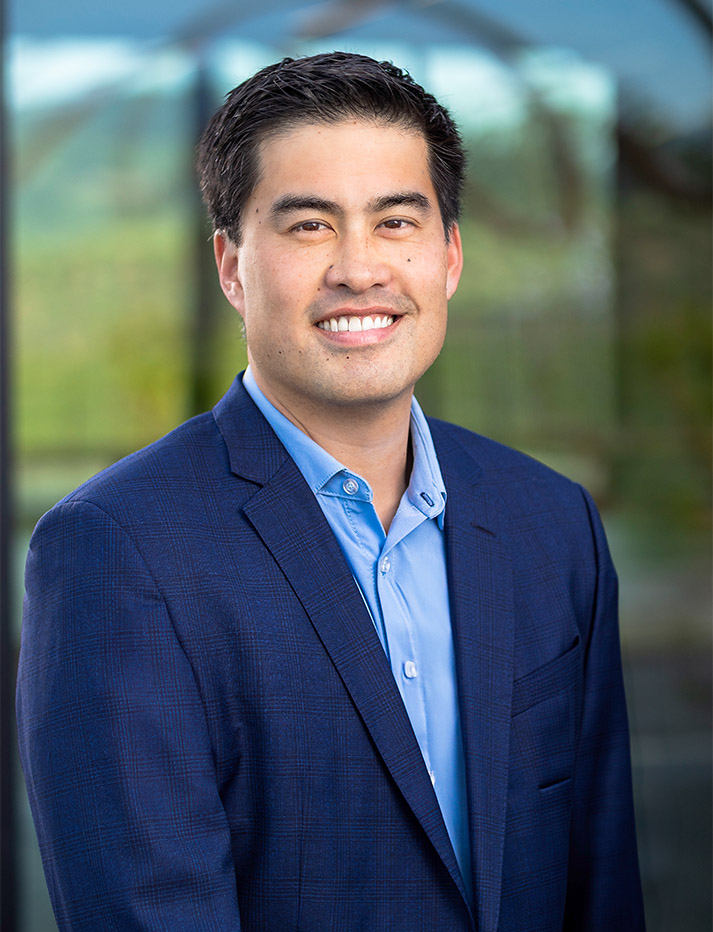Earlier this summer, a small biotech company’s readout in what was once one of cancer’s most intriguing approaches did little to settle the controversy and questions surrounding it.
The CD47 pathway, which functions as the immune system’s “don’t eat me” signal that cancer cells hijack to shield themselves, has been plagued by safety risks and disappointing readouts. ALX Oncology’s topline results from a Phase 2 study, released in July, did little to calm those fears: It showed an improvement in gastric cancer patients taking evorpacept in combination with Herceptin and two other drugs over the three-drug regimen, but investors found the difference less impressive than data published in October. The company’s stock price dropped, sending its market cap below $150 million.
ALX joins a handful of companies that bet big on CD47 in recent years and have since struggled to get the kind of unambiguous clinical results that can lead to an approval.
Clik here to view.
 Jason Lettmann
Jason Lettmann“If you were to just stand back — and you’ve had investors say this — and take the target and I/O out of the equation, and look at our data, it’s a really compelling package,” ALX CEO Jason Lettmann said. “But this backdrop in general could be challenging.”
Gilead, AbbVie, and Pfizer have all terminated or slimmed down their CD47 efforts in recent years after spending billions of dollars on deals, partnerships and R&D. The biggest concern appeared to be a late-stage failure for Gilead’s magrolimab, which induced a 20% increased risk of death for patients with untreated high-risk myelodysplastic syndrome.
Industry experts say the results from that study, announced in June, put an end to pharma’s interest in the first generation of CD47 compounds, relegating research back into the deepest corners of biotech to reassess how to get a drug approved.
Clik here to view.
 Mark Chao
Mark Chao“That was definitely a disappointment,” said Mark Chao, scientific co-founder of Forty Seven, the company Gilead acquired for magrolimab. “It’s very humbling.”
Some drugmakers, including ALX, say they still see potential in harnessing CD47 and exploiting the immune system’s “don’t eat me” signal. ALX’s Lettmann said he’s still “excited” by the company’s work, but he also noted the bar for skepticism.
“I can’t see large pharma really getting excited here at all until we better understand what’s going on,” Leerink’s Daina Graybosch said before the ALX readout.
Only once the safety issues are fully resolved, Graybosch said, will drugmakers start to get excited about CD47 again, and even then the excitement will likely only be a fraction of what it once was.
Gilead declined to comment.
Biology or design?
Back in 2020, Gilead spent $4.9 billion to acquire Forty Seven. A year later, Pfizer nabbed two CD47 programs as part of its $2.2 billion Trillium buyout. AbbVie promised billions of dollars in biobucks to I-Mab, while Bristol Myers Squibb started research on an in-house candidate.
But then the first reports of toxicity emerged in early 2022, upending the nascent field. Gilead had to halt all remaining magrolimab studies in February. AbbVie unwound its pact, and I-Mab sold off its CD47 assets to a Chinese counterpart. Pfizer is still working on one program, though it ended development on the more immune system-intensive drug.
Now, the success of CD47 therapies may come down to not only the biology, but how drug developers design their antibodies. Lettmann attributed the company’s Phase 3 win in gastric cancer last October to how the antibody interacts with cells.
Whereas magrolimab and other early CD47 drugs indiscriminately targeted the protein on healthy and tumor cells, evorpacept contains a “silenced” component that helps direct it toward the cancer.
The silencing of the Fc domain allows researchers to combine evorpacept with other established drugs, like Roche and Biogen’s Rituxan (CD20) and Roche’s Herceptin (HER2). Those drugs’ active Fc domains then bind to Fc receptors on white blood cells and guide them toward the tumors, according to Lettmann. CD47 being expressed far more ubiquitously than HER2, for example, necessitates this approach.
“We are not using CD47 as a tumor-associated antigen,” Lettmann said in an interview before the recent readout. “How we work with Herceptin is also different than how Herceptin would work by itself. What we’re taking advantage of is the active Fc that Herceptin brings.”
But the road forward hasn’t been smooth. ALX halted some evorpacept trials in August 2023 that were being conducted in some of the same blood cancer settings as magrolimab. Lettmann said those studies were combining evorpacept with the chemotherapy azacitidine instead of a drug with an active Fc domain.
Pfizer is taking a slightly different approach with maplirpacept, formerly called TTI-622. The drug binds to CD47’s “don’t eat me” signal while attracting an “eat me” signal from the Fc region on the IgG4 antibodies found naturally in people. A Phase 2 study in first-line acute myeloid leukemia is expected to start in the first half of 2025.
Maplirpacept contains a more “moderate” signal than TTI-621, the program Pfizer scrapped from the buyout, according to Trillium’s SEC filings. TTI-621 was designed to attract “eat me” from IgG1.
Pfizer declined an interview, but a spokesperson said in a statement that the company is “encouraged by the early efficacy signals and what may be a differentiated safety profile of maplirpacept.”
Gilead’s magrolimab contained an active Fc domain and was also tested with azacitidine in the Phase 3 results from June.
AbbVie and I-Mab’s CD47 program, called lemzoparlimab, was designed to avoid toxicities by recognizing how a process called glycosylation leaves the binding sites of tumors exposed while obscuring sites on red blood cells. BMS worked on a CD47/CD20 bispecific before removing it from its pipeline in September 2023.
A long-term view beyond cancer
There are some companies, however, that are trying to move CD47 beyond cancer. And while they are much further away from an approval, the optimism around CD47 in cardiology is higher.
Bitterroot Bio is a private company that, like Forty Seven, came out of Irv Weissman’s lab at Stanford University. It’s trying to leverage the biology around CD47 to develop new heart drugs. One of Bitterroot’s co-founders — Nick Leeper — founded Forty Seven with Weissman and Chao, among others.
Clik here to view.
 Pavan Cheruvu
Pavan CheruvuBitterroot is based on research showing how diseased blood vessels in the heart camouflage themselves similarly to tumors. By turning off the “don’t eat me” signal, some drugs could prevent heart attacks and strokes. Bitterroot CEO Pavan Cheruvu noted heart cells aren’t as complex as a tumor microenvironment, touting the potential for a CD47 monotherapy.
“It seems to be, in a sense, a somewhat more simplified biology here, where it’s just that overexpression of the ‘don’t eat me’ that’s not counteracted by a diminution of the ‘eat me’ signals,” Cheruvu said.
CD47 is also being studied in academic labs. A Nature paper published in May by Stanford researchers (in Crystal Mackall’s lab, not Weissman’s) shows that CD47 can potentially protect T cells given in CAR-T, enhancing the therapy’s responses. However, the study’s lead author, Sean Yamada-Hunter, said the results would be difficult to translate to humans, given the antibody they used was “research-grade.”
Analysts say getting bigger companies to again invest in CD47 research will be difficult after magrolimab’s safety issues — including the risks of infection and anemia — were so pronounced. It’s still too risky, according to Cowen analyst Tyler Van Buren.
He compared the buzz around CD47 to TIGIT and CD19-targeting CAR-T for autoimmune diseases, noting how they generated excitement but came with a lot of unanswered questions.
“The bar is so high when you have these complex products with high toxicity on all fronts that I feel like, at the first sign of disappointment, that hype pulls back very quickly,” Van Buren said.
Once serious safety issues emerge, the hype rarely returns to previous levels, he added.
Some of the challenges that have borne out in larger studies will dictate the path forward, Chao said, helping inform how to better design trials and what patients might benefit most. The key will be finding a balance between safety and efficacy which, he noted, is thematically similar to most first-generation drugs that fail.
“Whether it’s different tumor types or different approaches that show addressing some of these challenges, hopefully then the enthusiasm will get better,” Chao said.